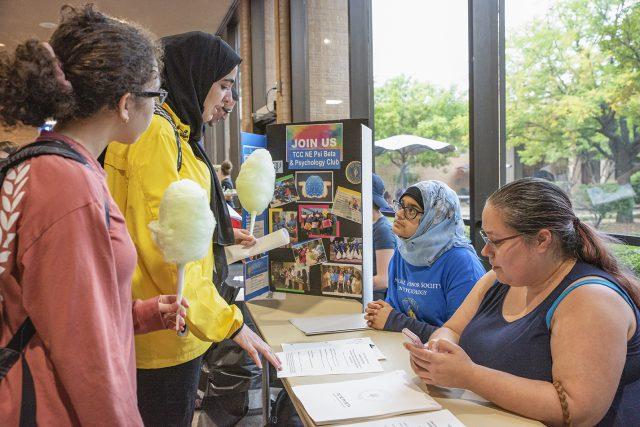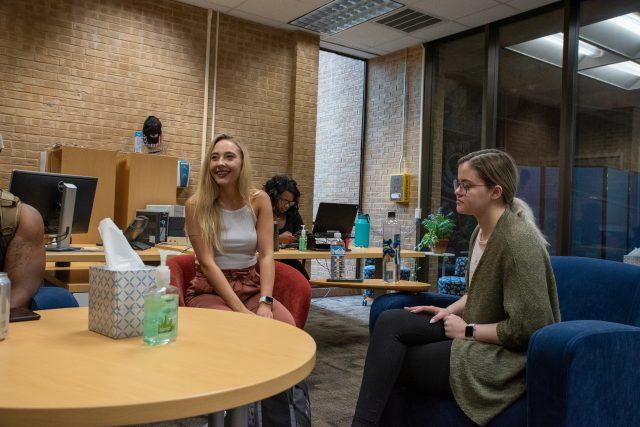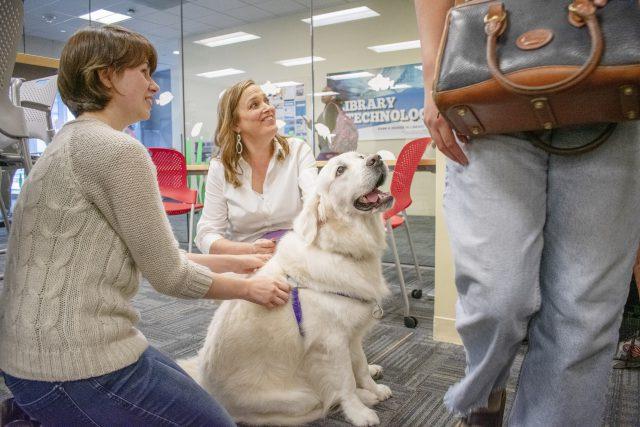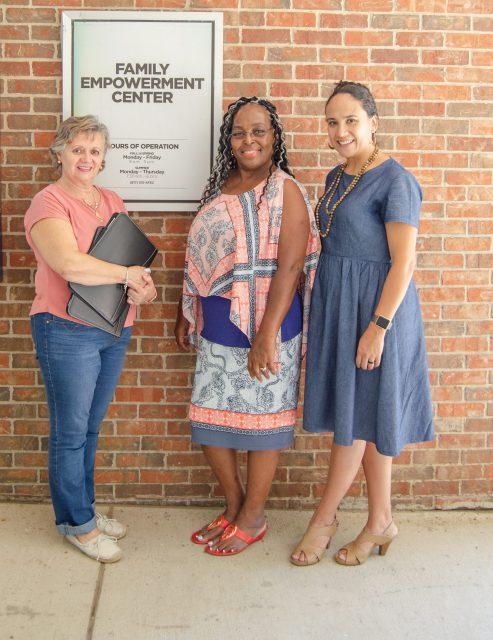| September, 11, 2019 | Victor Allison | reporter |
|---|
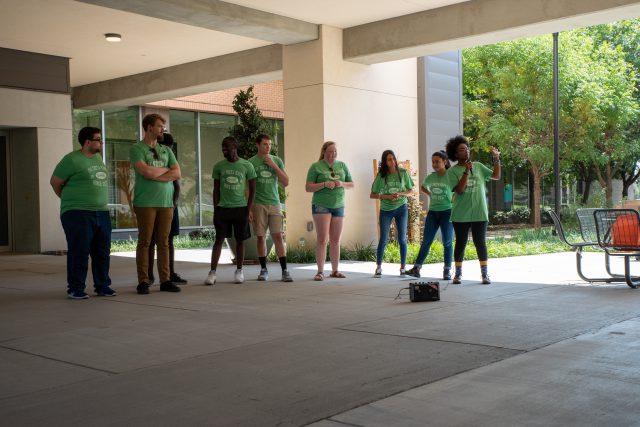
Phi Theta Kappa is the biggest honor society for two-year college students. Students who have a 3.5 GPA or above and have completed more than 12 credit hours are eligible.
Phi Theta Kappa is looking for new recruits.
The honor society, known for top academic performers at community colleges and scholarship opportunities, has fared well at SE, but according to an advisor for the Beta Delta Omicron chapter at SE there are still a number of eligible students declining the offer to join.
“At the end of the semester when students get a letter that says they made the dean’s list, they are invited in that letter to join PTK,” said PTK advisor and director of library services JoTisa Klemm. “They don’t know what that is and think it’s not worth their time and they ignore it.”
However, according to Klemm, membership is worth more than students realize.
Not only do nearly all public four-year universities in Texas have scholarships specifically allotted for PTK students, but members are also eligible for $37 million in scholarship money, according to the official website for the Phi Theta Kappa Honor Society.
The money that’s not claimed rolls over for future beneficiaries, but otherwise it just sits there.
“Part of the advantage is that it lets them know that those opportunities are there,” Klemm said. “Somebody might not even think about going to SMU. With PTK, an SMU recruiter comes to a meeting and says we love PTK transfers. Why don’t you come visit with me?”
“I am so amazed and impressed with the varying backgrounds of PTK members.”
Terrell Shaw
But Klemm also said that part of student’s resignation to join comes from uncertainty about what PTK actually is.
Meghan Flynn, president of PTK’s SE chapter Beta Delta Omicron, wants to clear that up.
“It’s not just an honor society,” Flynn said. “We’re here to connect with you. We’re here to provide you with all the opportunities that are available, on a service level, on a scholarship level, on a leadership level. We want to see our members improve. If we don’t see improvement, we feel like we’re not being productive.”
In order to join the international honor society for two-year colleges, students must have a 3.5 GPA and receive their invite through the registrar, typically at the end of the semester.
There is a one-time international membership fee, which varies by chapter. But once accepted, members are introduced to a broad network of sponsors and ways to afford college.
One of the society’s primary functions is to pair community college students with four-year universities, as well as to add academic esteem to members. It takes pride in its commitment to leadership development and civic-minded projects.
But Flynn said there are other personal advantages.
“I felt so alone; it was just me,” Flynn said. “I started getting involved in Phi Theta Kappa. I seriously have like a million friends now. I have so many resources available to me, whether it’s from my advisors, whether it is for scholarships, whether it’s for my classes in general.”
Flynn is working her way through school now, but hopes to win a full ride to Texas Wesleyan or SMU on a Jack Kent Cooke scholarship like PTK members before her.
Coordinator for transfer services Terrell Shaw has seen PTK members earn full rides to Ivy League universities. But he hopes students who don’t have Ivy League aspirations aren’t too intimidated to join.
“There doesn’t have to be this perception or view of at PTK, they don’t accept anything less than a school like Cornell or UPenn or MIT,” Shaw said.
He doesn’t want status to be the deciding factor for students thinking about applying.
“I am so amazed and impressed with the varying backgrounds of PTK members,” he said. “They are first-generation students, DACA students, some of them are U.S. citizens, some of the PTK members come from middle to low income, some come from middle to high income.”
PTK allows students to find common groups of people who want to be successful academically or those who want to improve their leadership skills, Klemm said.
The skills learned outside of the classroom are what separates PTK members from other high achieving students, Klemm said.
“Sometimes [families] are not able to provide the support and encouragement,” Klemm said. “[PTK] is a family and a community where everybody is rooting for you.”




























